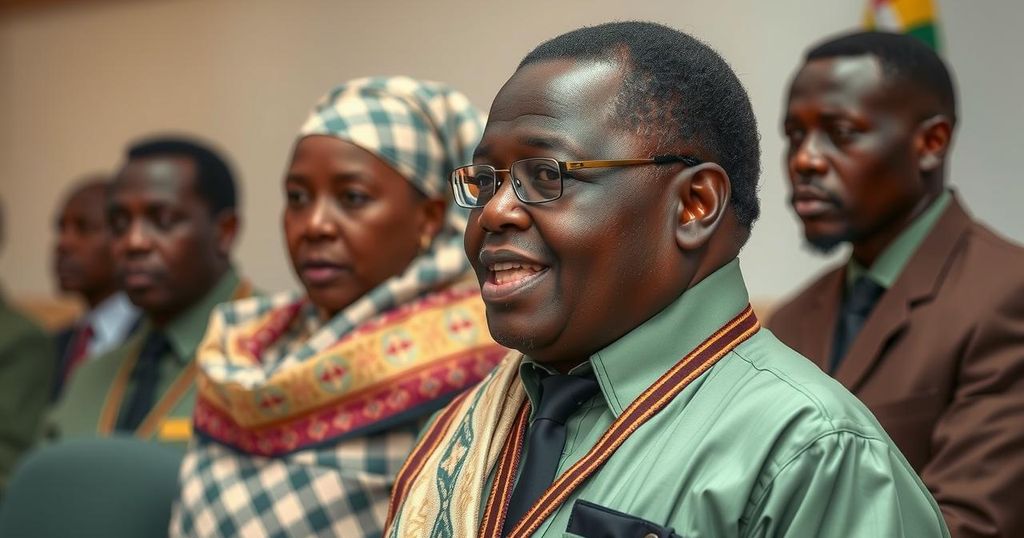The Biden administration has a pivotal opportunity to address the crisis in South Sudan by implementing network-based sanctions against President Salva Kiir and his corrupt regime. South Sudan faces a prolonged cycle of violence and exploitation, with elections postponed and democratic processes obstructed. Urgent measures are needed to dismantle the kleptocratic governance and hold the ruling elite accountable, opening avenues for peace and stability.
The Biden administration has an opportunity to influence the dire situation in South Sudan, a nation struggling with persistent corruption and state violence since its independence in 2011. Key figures within the administration, who contributed to South Sudan’s formation, must now impose network-based sanctions on President Salva Kiir and his corrupt regime to promote accountability. The country’s kleptocratic governance has impeded democratic progress, leading to further instability and violence.
South Sudan embodies a tragic narrative of wealth extraction and repression, where the ruling class derives benefits from systemic corruption. Efforts to initiate free elections have faltered due to Kiir’s regime’s blatant disregard for democratic processes, with the postponement of elections indicative of their aim to maintain power. The ruling elite, having established a government that serves their interests, effectively prevents fair elections and silences dissent.
Despite the 2018 peace agreement intended to foster electoral processes, the political landscape remains stagnant, undermined by ongoing human rights abuses and a lack of substantive reforms. The National Security Service operates with draconian laws that stifle civil liberties, exemplifying the regime’s refusal to fulfill its commitments under the peace deal. The cumulative effect of these measures has resulted in widespread discontent among the populace, further entrenching the cycle of violence.
An alternative approach to the failing diplomatic efforts is necessary; targeted network sanctions aimed at Kiir and his inner circle should be enacted to disrupt the corrupt governance structure. By targeting the architects of the kleptocracy, the international community can increase pressure on the regime rather than impose ineffective sanctions on lower-level officials. These sanctions should include financial and economic measures to weaken the regime’s grip on power and promote accountability.
Moreover, enhancements to international monitoring of South Sudan’s financial practices could bolster the efforts to combat corruption. The Financial Action Task Force has already initiated measures to increase scrutiny; additional coordinated actions could press the government toward necessary reforms. The Biden administration, along with allied nations, can play a pivotal role in redirecting the course of South Sudan’s future by adopting a robust sanctions framework that disrupts the cycle of state looting.
South Sudan, having gained independence from Sudan in 2011, was initially regarded as a beacon of hope. However, the optimism quickly gave way to violence, as the country plunged into civil war in 2013 due to deep-seated corruption and ineffective governance. President Salva Kiir’s regime has since constructed a kleptocracy that prioritizes the interests of elites while neglecting the general population’s welfare. Attempts at reform through elections and peace agreements have consistently been undermined, illustrating a profound need for accountability and a radical change in strategy from the international community.
The Biden administration stands at a critical juncture, with the potential to significantly impact South Sudan’s trajectory. By imposing comprehensive network sanctions against the corrupt elite, the U.S. could help dismantle the kleptocratic structures that have long oppressed the populace. Only through concerted efforts aimed at accountability can the hopes of the South Sudanese people for a stable and just government be realized, steering the nation towards peace and democracy.
Original Source: www.justsecurity.org






